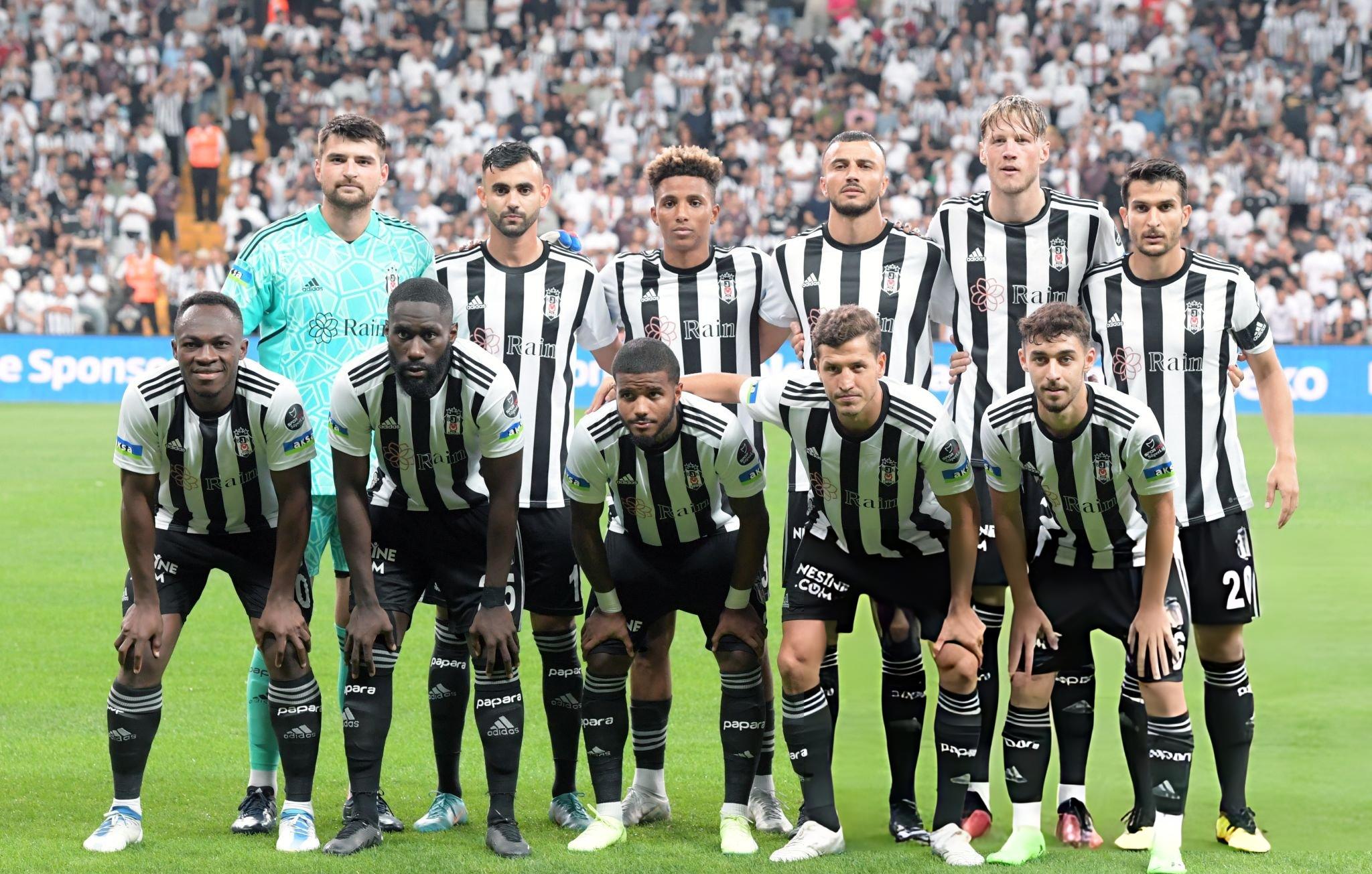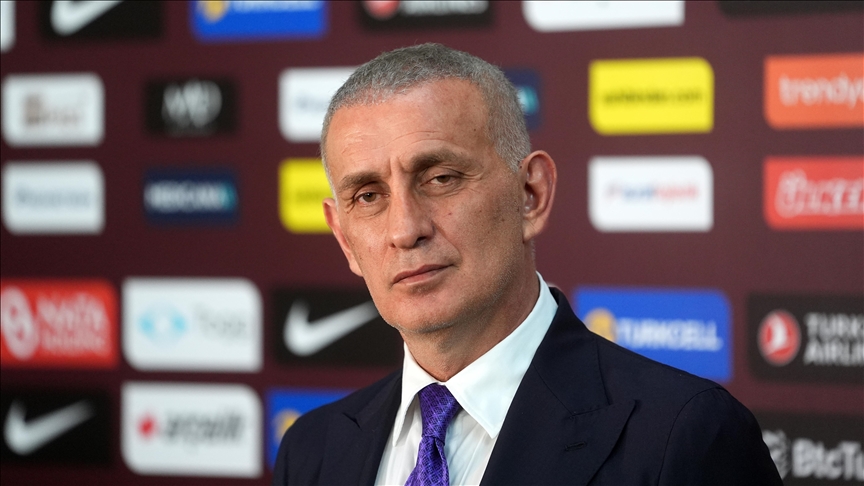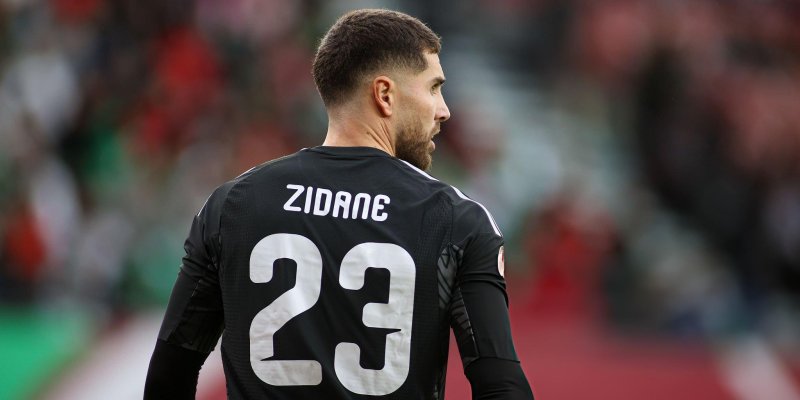
Turkish football has been hit by an unprecedented wave of disciplinary cases related to betting. On November 10 it became known that more than a thousand professional players across various divisions had come under investigation, with 27 footballers from Süper Lig clubs among the individuals named. The story is already affecting the fixture list, transfer policy and staffing decisions, while the federation is urgently building mechanisms to clean up the league and restore trust.
Numbers That Change the Fixture List
The Turkish Football Federation (TFF) has referred the betting case to the Professional Football Disciplinary Board (PFDK). The scale is striking: 1,024 professional players have been identified as involved in betting, and 149 referees have been officially suspended from duty. Matches in the Second and Third Leagues (the third and fourth tiers by strength) have been halted for two weeks — clubs simply lack enough players not connected to the scandal. In parallel, TFF is negotiating with FIFA about an additional domestic transfer window so that lower-division teams can quickly plug gaps in their squads.
Who in the Süper Lig Is Under Suspicion

The open list of Süper Lig players involved in betting cases includes representatives from a number of clubs, big names among them. The most prominent are Galatasaray and Turkey defender Eren Elmalı and Beşiktaş goalkeeper Ersin Destanoğlu. The full list by club is as follows:
- "Beşiktaş": Ersin Destanoğlu, Necip Uysal.
- "Alanyaspor": İzzet Çelik, Enes Keskin, Yusuf Özdemir, Bedirhan Özyurt.
- "Rizespor": Efe Doğan, Furkan Orak.
- "Galatasaray": Metehan Baltacı, Eren Elmalı.
- "Gaziantep": Muhammet Taha Güneş, Nazım Sangare.
- "Göztepe": İzzet Furkan Malak, Uğur Kaan Yıldız.
- "Antalyaspor": Kerem Kayaarası.
- "Eyüpspor": Mükremin Arda Türkez.
- "Kasımpaşa": Ege Albayrak, Ali Emre Yanar.
- "Fatih Karagümrük": Furkan Bekleviç, Kerem Yusuf Sirkeci.
- "Samsunspor": Celil Yüksel.
- "Trabzonspor": Boran Başkan, Salih Malkoçoğlu.
- "Konyaspor": Adil Demirbağ, Alassane Ndao.
- "Kayserispor": Berkan Aslan, Abdulsamet Burak.
These names are just the tip of the iceberg: in total we are talking about dozens of clubs and hundreds of individual cases.
How We Got Here: Background and Triggers

The final phase of the investigation is a logical continuation of processes that accelerated in the summer of 2024, when İbrahim Hacıosmanoğlu took over as TFF president. By late October the federation had publicly voiced alarming data: 371 of the 571 professional referees had accounts with bookmakers. The public sphere also discussed cases of suspicious line movements — a telling example is the match "Ankaraspor" – "Nazilli Belediyespor," where the odds on a draw dropped from 4.25 to 1.88 amid an abnormal distribution of stakes, and the game ended 0–0.
Industry Voices: What Experts and Clubs Say
Russian commentator and Turkish football expert Elvin Kerimov highlights the scale of the problem and describes what is happening as a painful but necessary cleansing — with historical parallels to the early 2010s and match-fixing cases. Clubs publicly support TFF’s line while calling for caution: Beşiktaş, for example, removed Necip Uysal from its squad in advance, emphasizing the presumption of innocence and a readiness to work with the federation at every step.
Individual Cases: From Admissions to Defense

Among the key figures is Eren Elmalı, who admitted to betting while stressing that he did not place wagers on his own matches. His potential range of sanctions is from three months to one year. Metehan Baltacı, a Galatasaray academy product, also admitted guilt.
The picture is different for Beşiktaş players. Ersin Destanoğlu claims that his personal data was stolen and used by third parties to register a bookmaker account. Club captain and symbol Necip Uysal likewise denies the accusations: according to the defense, the “gaming” account is linked to a phone number that does not belong to the defender. Final decisions will be made by the disciplinary body — until its verdict the footballers formally have the right to play, although a number of clubs have already announced internal suspensions.
The Refereeing Corps Under Pressure: Different Sanction Standards
149 referees have received temporary suspensions until the investigation is completed. It is important to distinguish between jurisdictions: TFF’s Disciplinary Code, Article 57, provides for sanctions from three months to one year. At the European level the rules are stricter — if guilt is confirmed, UEFA can bar referees from international matches indefinitely. This divergence of standards fuels a debate about continent-wide anti-corruption compliance principles.
Leagues, Transfers, and Roster Math

The top two tiers will continue the season without interruption — the decision has been made. In the lower divisions a pause is inevitable: due to the scale of the investigation many clubs simply cannot field a fully eligible squad. That is why TFF is discussing an extraordinary domestic transfer window with FIFA: in emergency mode, teams will be able to fill positions with players not involved in the case. This is a short-term stabilizing measure, but it does not replace systemic solutions.
Important Caveats: Presumption of Innocence, Differentiation, and Communication
Officially, most footballers have so far only been charged, with no final sanctions. According to Turkish media, many individuals placed a single bet and showed low activity, and the federation is ready to differentiate punishments — from strict disqualifications to warnings. Against the backdrop of loud headlines there is also criticism of the public strategy: some players and officials believe publicity should have followed a deeper review involving the footballers themselves. Meanwhile, because of the investigation’s status, the national team’s staffing plans are already changing: Turkey is forced to approach decisive World Cup qualifiers without Elmalı.
What Changes in the Long Run

The crisis has laid bare the core premise on which sport rests — trust in the result. The case in Turkey is large and unusually transparent, affecting players, referees, clubs and the regulator all at once. But this is also a chance for a reboot: unify standards for referees, institute comprehensive compliance for players, centralize monitoring of bookmakers’ lines, and draw a clear boundary between the betting industry and professional football. If TFF sees the process through consistently, establishes a fair scale of sanctions and manages communication without noise, Turkey can turn its loudest scandal in years into a foundation for a more honest and resilient league.








